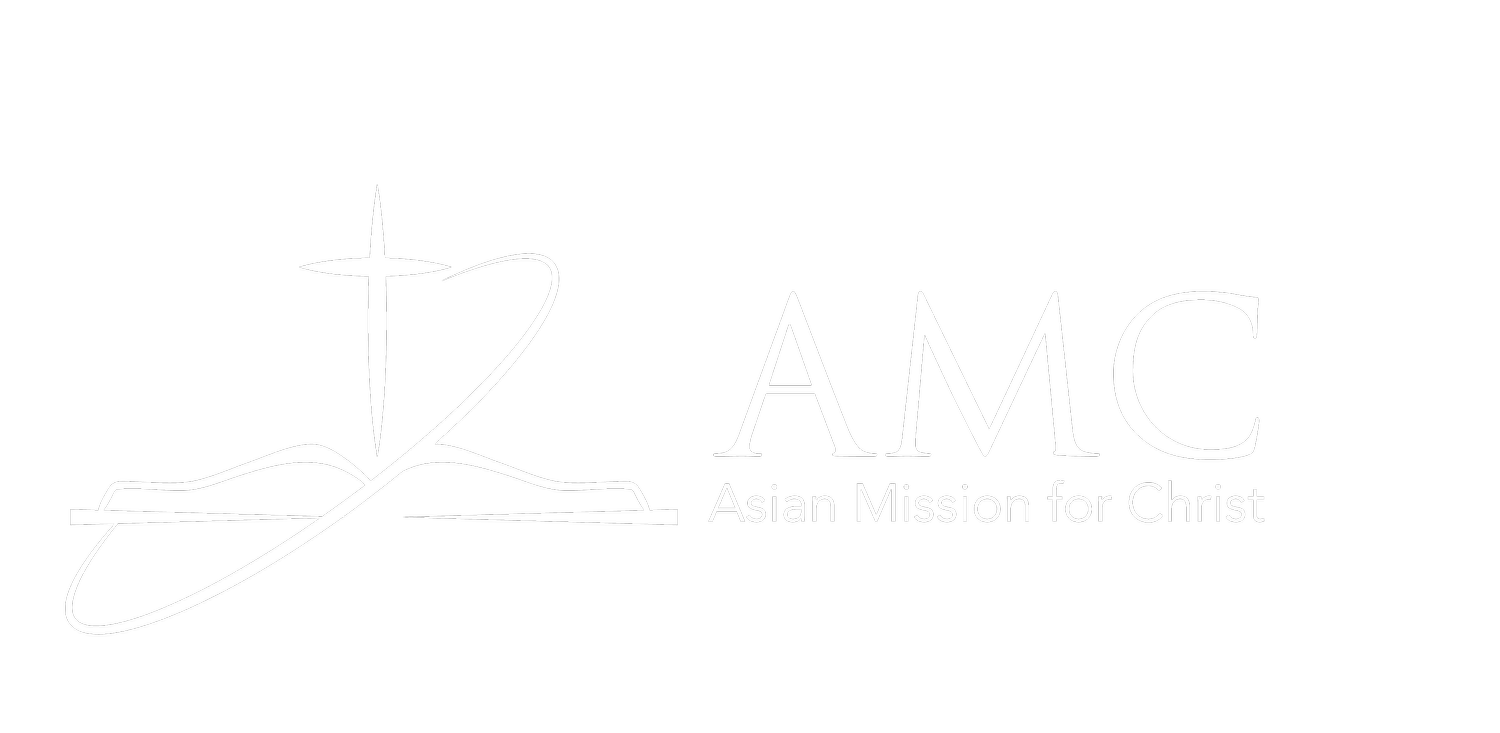Thailand
Formerly Siam, up until 1939, Thailand was established as a constitutional monarchy in 1932. Since then, the country has experienced periods of political unrest, including a military coup in 2006, large street protests by opposing political factions from 2008-2010, and most recently a coup by the Royal Thai Army following the ousting of Puea Thai Party government leadership by the Constitutional Court. Since August 2014, Royal Thai Army, General Prayut Chan-ocha has been the appointed prime minister. Interim institutions have been established by the interim military government to promote reform and draft a new constitution. Elections are tentatively set for February 2017. Aside from political unrest, the country has experienced ethno-nationalism associated violence primarily in its southern provinces where Maly-Muslims are prevalent. Thailand also recently lost their beloved King Bhumibol Adulyadej in October 2016, ending the world's longest reigning monarch.
The Thai constitution allows for freedom of religion, however the country's heritage and culture is deeply rooted in Buddhism. The king is actually required by law to be a Theravada Buddhist. Buddhism is practiced by 93.6% of the population. Muslims make 4.9% of the population followed by Christians at only 1.2% of the population.

